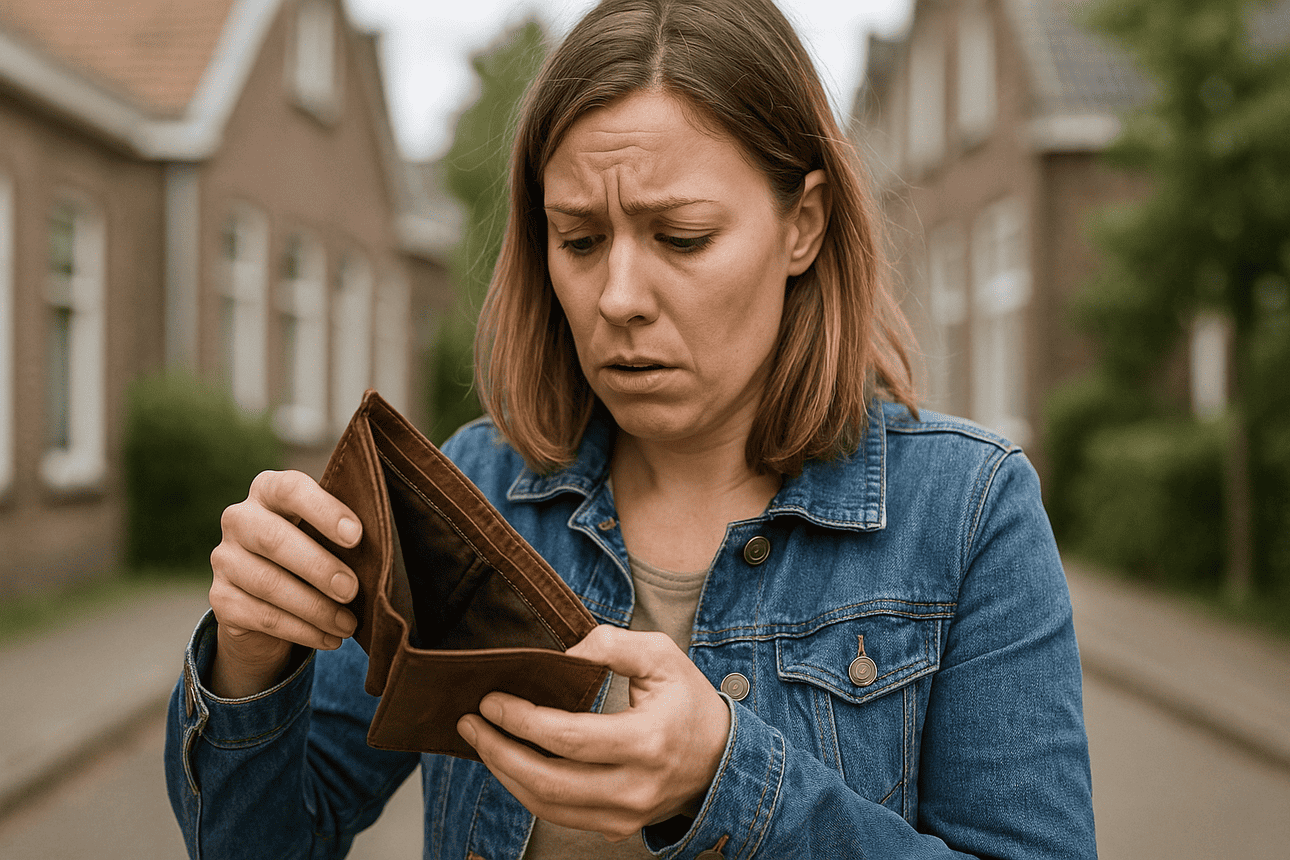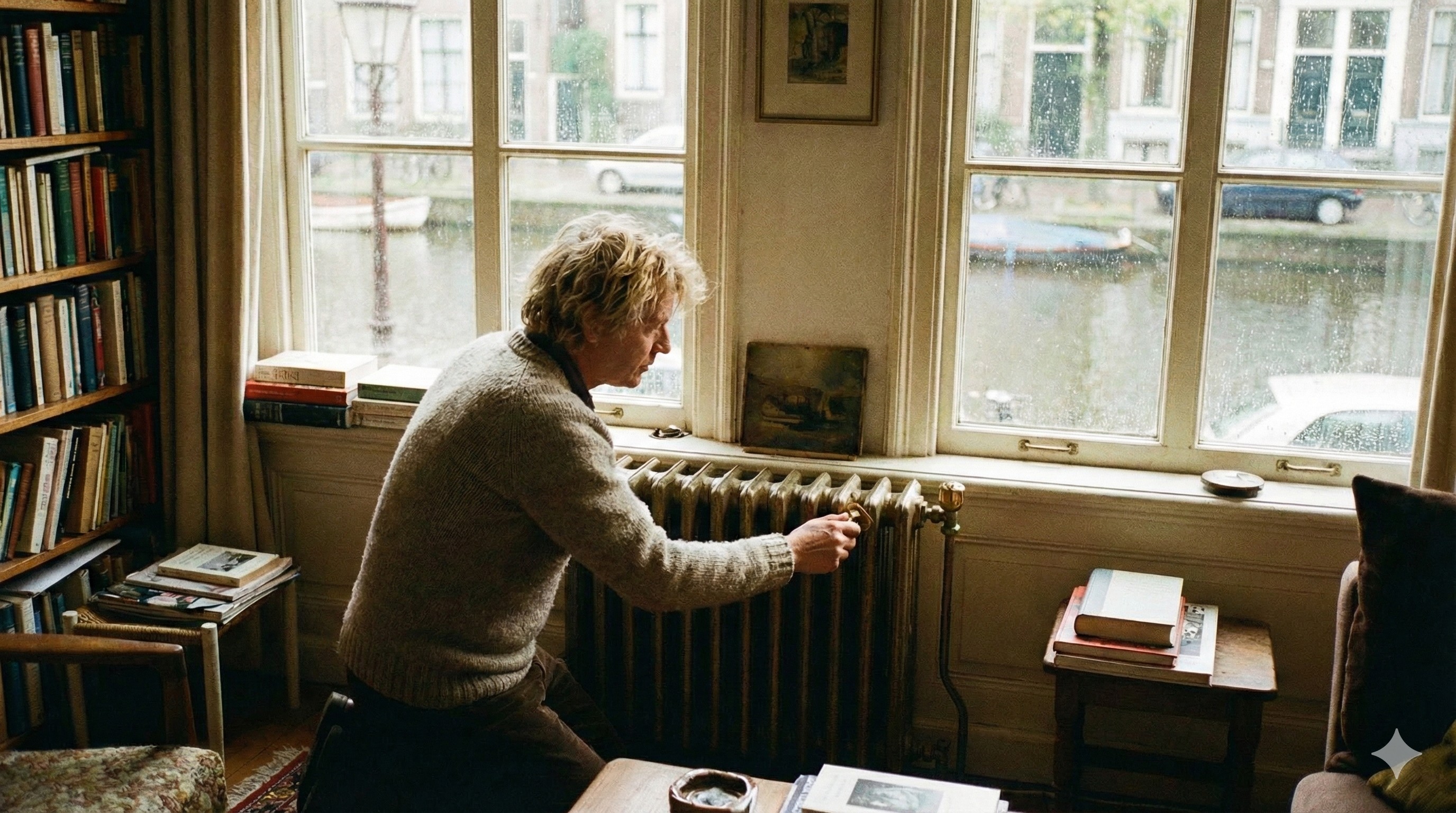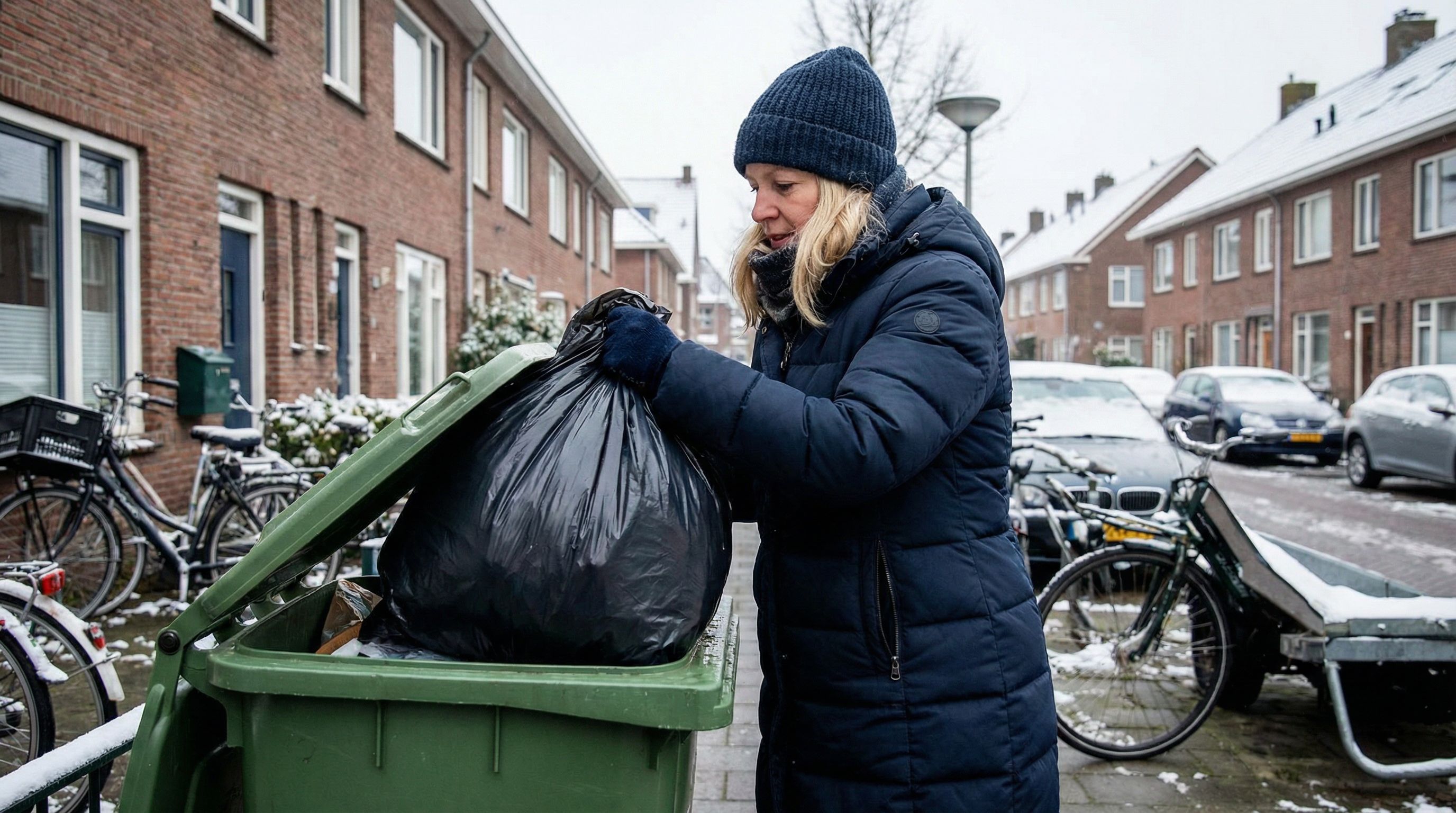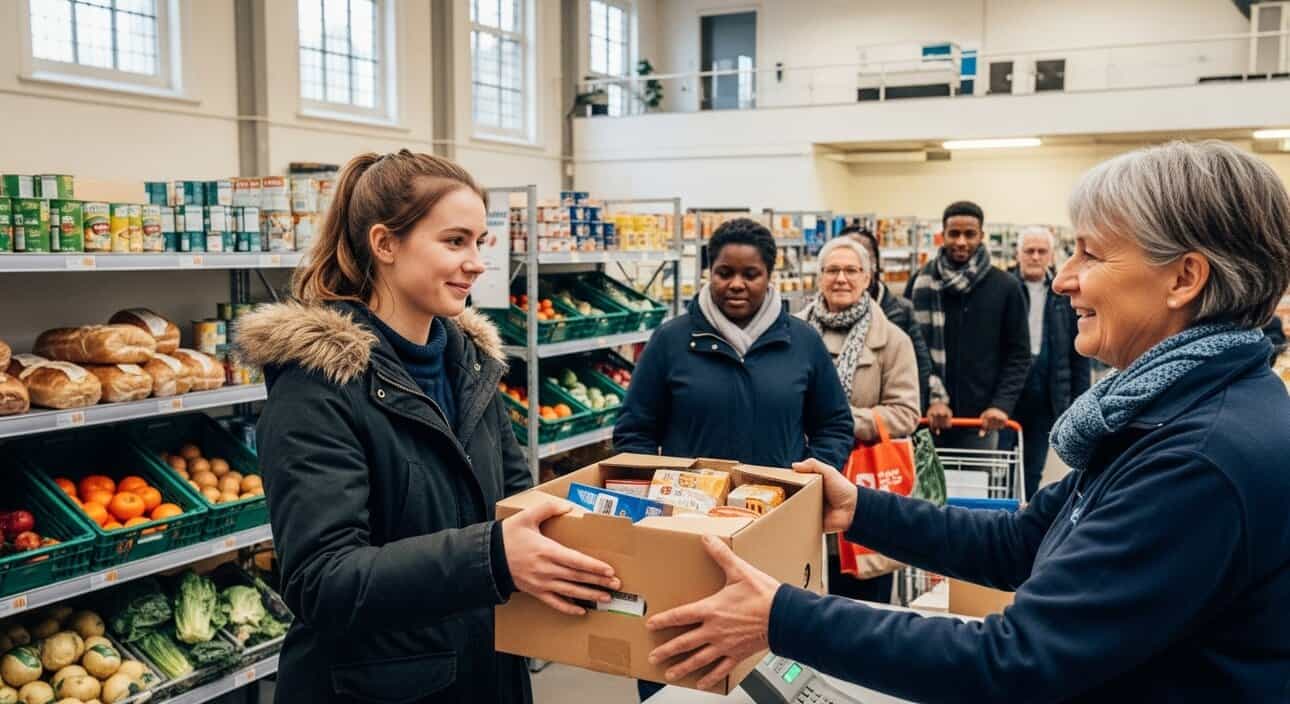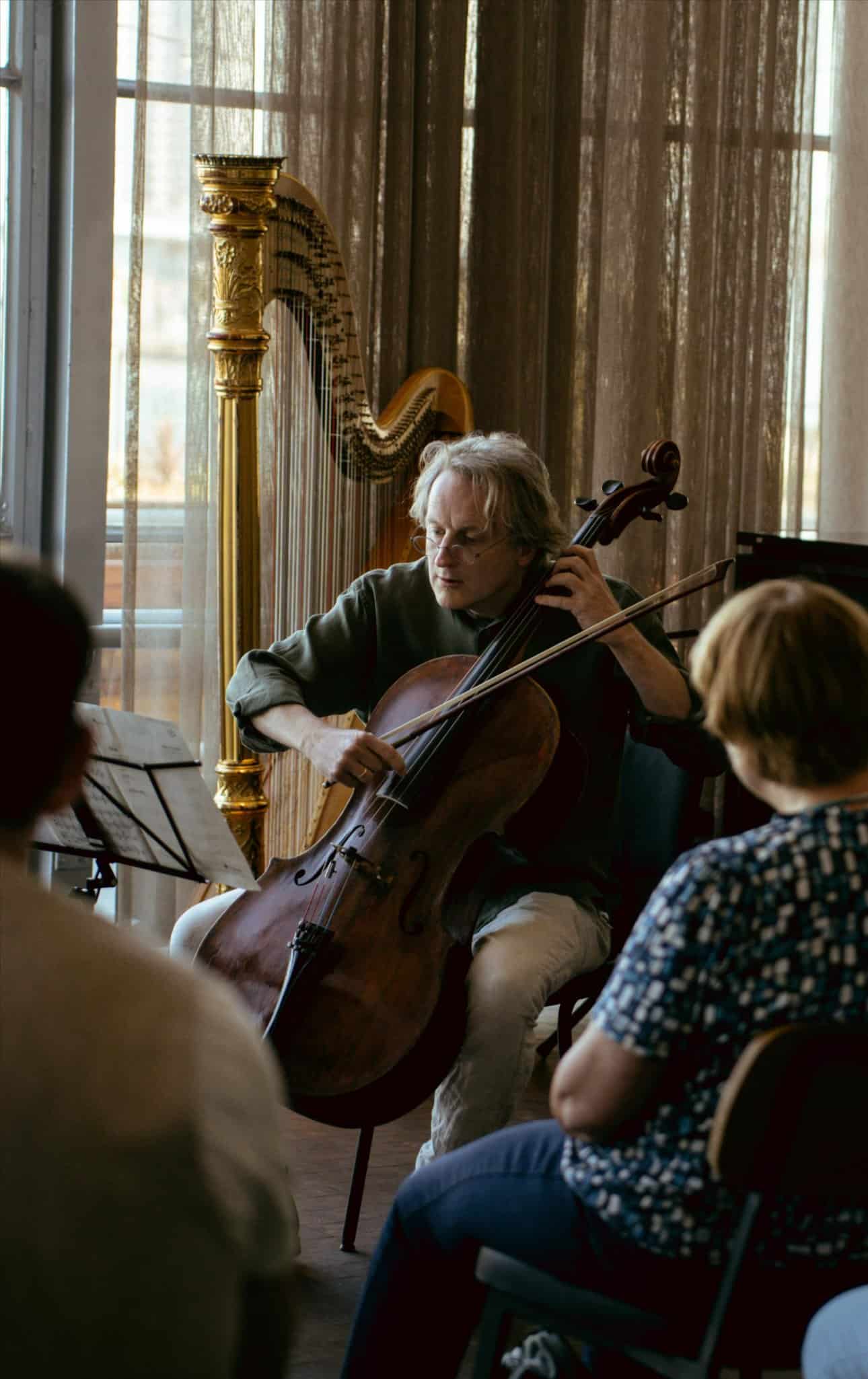ROTTERDAM, 3 June 2025 – Residents of Zuid-Holland are more likely than others in the Netherlands to struggle financially, a new survey shows. Satisfaction with income also varies significantly by housing situation and relationship status.
Zuid-Hollanders most likely to feel financially constrained
A recent survey has indicated that a significant proportion of Zuid-Holland residents consider their financial situation to be strained. According to a study conducted by comparison platform Slimster, one in four individuals in the province describes their finances as “tight,” “insufficient,” or “very concerning” (“zeer zorgelijk”). This is the highest percentage recorded among all Dutch provinces.
The research, based on responses from a representative sample of 1,054 Dutch residents, suggests that the rising costs of essentials such as groceries, energy, and fuel are being felt most acutely in Zuid-Holland.
Renters and singles face greater financial pressure
The study further reveals that renters tend to rate their financial situation more negatively compared to homeowners. Likewise, single individuals are more likely to report financial hardship than those in cohabiting relationships.
Financial strain appears to diminish once households exceed a net monthly income of €2,500. Those who live together without dependent children are the most likely to describe their financial situation as “adequate” or “more than adequate” (“(ruim) voldoende”), in contrast to singles who are the least likely to do so.
Mixed satisfaction with income levels
Participants were also asked to rate their satisfaction with their income. In Zuid-Holland, roughly one-third of respondents expressed satisfaction or strong satisfaction, while nearly one in nine indicated dissatisfaction or strong dissatisfaction.
The majority of Zuid-Hollanders, however, fell somewhere in between – not entirely satisfied, yet not overly concerned. A desire for slightly higher earnings was common, albeit not accompanied by acute distress.
Gender and age were also found to play a role. Women reported lower income satisfaction than men, and individuals in their twenties and forties were less content than other age groups. As with financial stability, cohabiting homeowners tended to fare better than single renters.
Among those earning less than €2,000 net per month, fewer than a third reported being satisfied with their income. In contrast, at least 75% of those with household incomes above €5,500 expressed satisfaction.
Financial resilience remains a concern
Despite the fact that most Dutch residents manage to get by, the data suggests that many still live with little financial cushion. Numerous respondents who rated their situation as “adequate” nevertheless reported having minimal disposable income each month.
This aligns with warnings from the Nibud (Nationaal Instituut voor Budgetvoorlichting), which advises saving at least 10% of net income to ensure a buffer. For many, this is not achievable, leaving a sizeable portion of the population financially vulnerable.
Marco Schuurman, owner of Slimster, noted: “The Netherlands is certainly a prosperous country, but within that prosperity, stark differences remain. Those who cohabit, own property, and earn a median or higher income tend to manage. However, for singles, renters and lower-income households, financial balancing acts remain the norm. These disparities warrant greater attention beyond statistical averages.”

